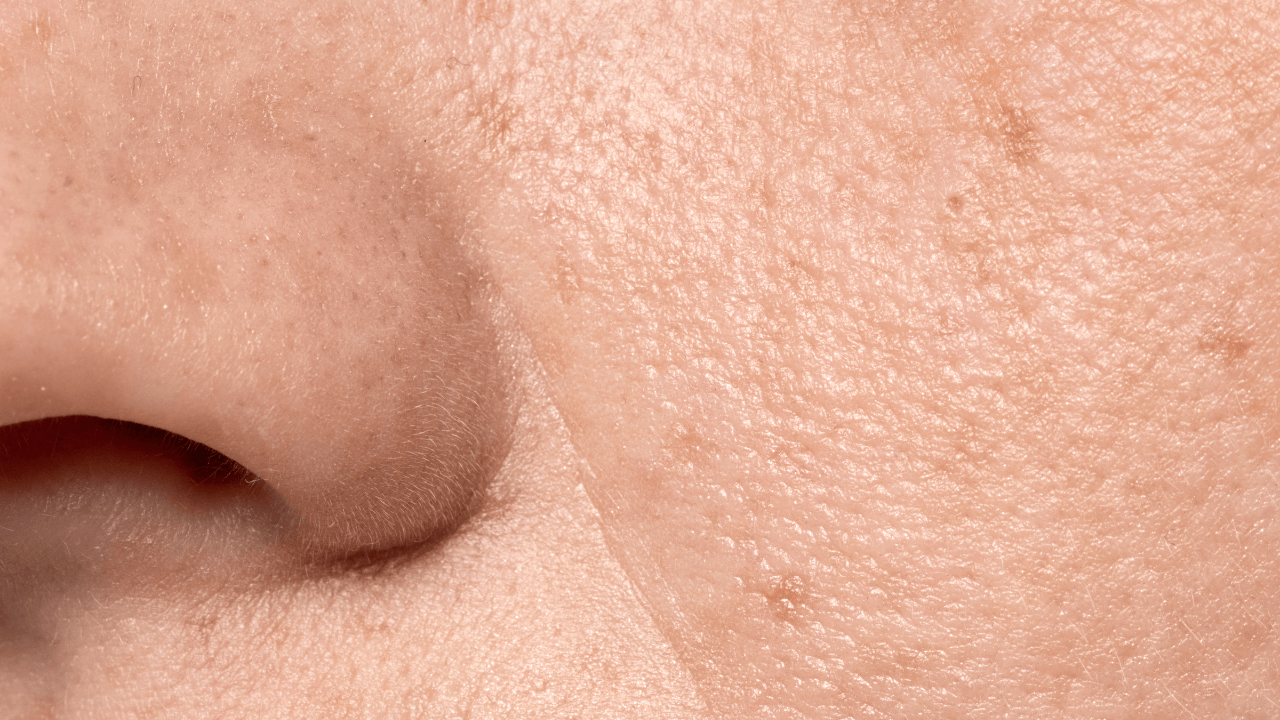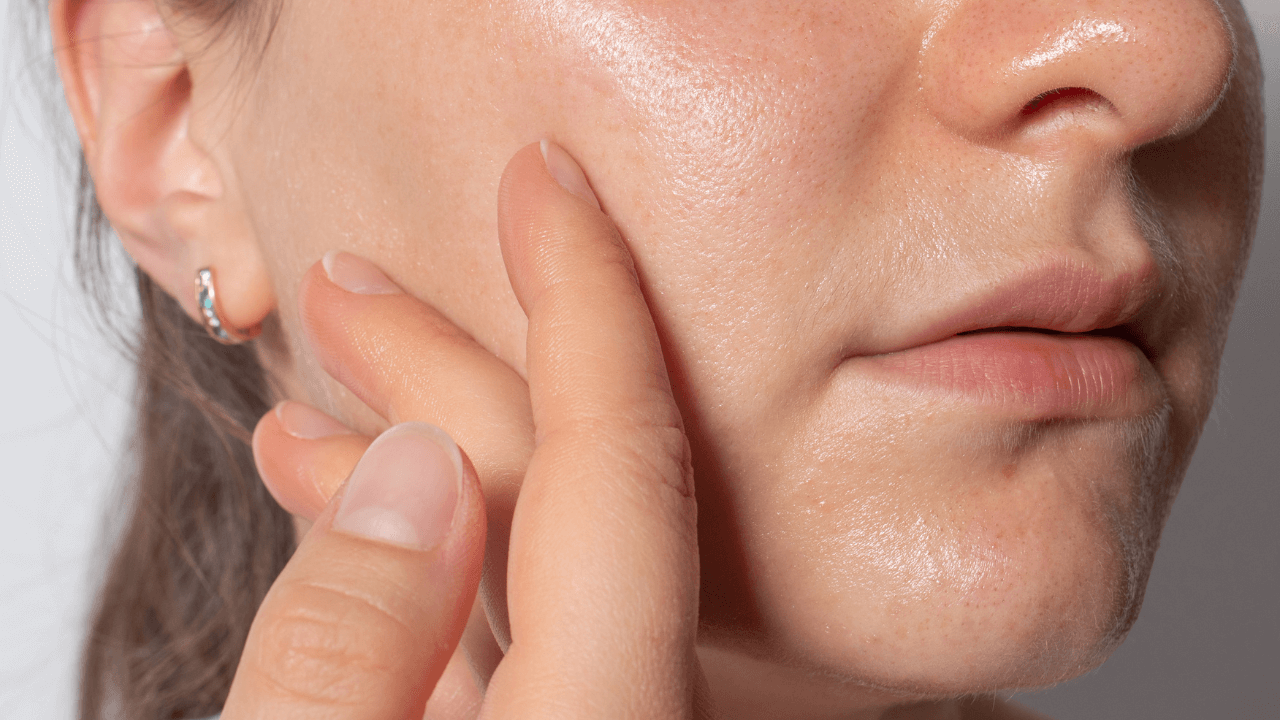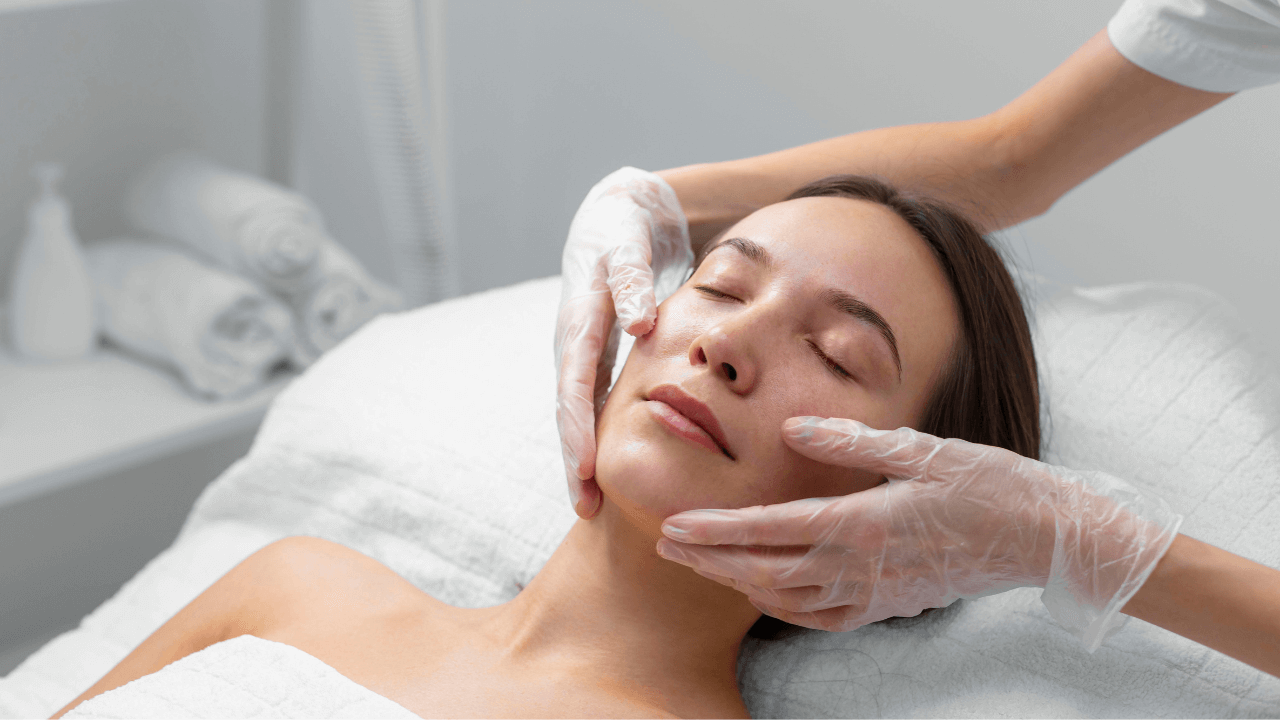Proper preparation is the secret to successful skin treatments. Whether you're getting a professional facial, chemical peel, laser treatment, or injectable procedure, the steps you take beforehand can dramatically impact your results, comfort level, and recovery time. Think of pre-treatment preparation as laying the foundation for optimal outcomes – skip this crucial phase, and even the most advanced treatments may fall short of their potential.
Why Pre-Treatment Preparation Matters
Your skin's condition before treatment directly affects how well it responds to procedures and how quickly it heals afterward. Well-prepared skin absorbs treatments more effectively, experiences less irritation, and recovers faster with fewer complications.
Preparation also helps identify potential contraindications or sensitivities before you're in the treatment chair, preventing adverse reactions and ensuring your safety. Additionally, proper prep work can extend the longevity of your results and minimize the need for touch-up treatments.
Many treatment complications and disappointing results stem from inadequate preparation rather than the treatment itself. Taking time to prepare your skin properly is an investment in both your safety and satisfaction with the outcome.
Universal Pre-Treatment Guidelines
Start Early
Most skin preparation should begin 2-4 weeks before your scheduled treatment, although some procedures require more extended preparation periods. This gives your skin time to adjust to new products, heal from any initial irritation, and reach optimal condition for treatment.
Starting early also allows time to address any unexpected reactions or complications that might delay your treatment. It's better to postpone a procedure than to proceed with compromised skin.
Maintain Consistent Daily Care
Establish and stick to a gentle, consistent skincare routine throughout your preparation period. Avoid introducing multiple new products simultaneously, as this can make it challenging to identify potential irritants and overwhelm your skin.
Focus on cleansing, moisturizing, and sun protection as your foundation, then add specific preparation products as recommended by your provider.
Communicate with Your Provider
Inform your treatment provider about all medications, supplements, skincare products, and recent treatments you've had. Certain substances can increase photosensitivity, impact healing, or compromise treatment outcomes.
Be honest about your skin's typical reactions to products and treatments. Your provider can adjust the preparation protocol and treatment parameters based on your individual needs and sensitivities.
Preparing for Chemical Peels
2-4 Weeks Before
Begin using gentle exfoliating products containing AHA or BHA at low concentrations to condition your skin for the peel. This helps prevent uneven penetration and reduces the risk of excessive peeling in some areas while others remain unaffected.
Start incorporating a high-quality vitamin C serum to boost antioxidant protection and support collagen production. However, discontinue use 48-72 hours before your peel to prevent potential interactions.
1 Week Before
Stop using retinoids, benzoyl peroxide, and other potentially irritating active ingredients. These can increase sensitivity and lead to over-exfoliation when combined with professional peels.
Increase your moisturizer application frequency to ensure your skin barrier is well-hydrated and resilient. Well-moisturized skin peels more evenly and heals faster.
48 Hours Before
Avoid waxing, threading, or other hair removal methods on the treatment area. These can cause micro-injuries that increase the risk of peel penetration and irritation.
Perform a patch test if you're trying a new skincare product, even if your dermatologist or other healthcare provider recommends it. The last thing you want is an unexpected reaction right before your treatment.
Preparing for Laser Treatments
4-6 Weeks Before
Begin strict sun avoidance and daily broad-spectrum SPF 30+ application. Tanned or recently sun-exposed skin has higher melanin levels, which can interfere with laser targeting and increase the risk of hyperpigmentation.
If you have a history of cold sores and are undergoing laser treatment in the mouth area, your provider may prescribe antiviral medication to prevent outbreaks triggered by the treatment.
2 Weeks Before
Discontinue self-tanning products, including gradual tanning moisturizers. These can create uneven pigmentation that interferes with laser effectiveness and increases the risk of complications.
Start using a gentle, fragrance-free moisturizer to ensure your skin barrier is healthy and resilient. Avoid products with alpha hydroxy acids, retinoids, or other exfoliating ingredients that can increase laser sensitivity.
24-48 Hours Before
Shave the treatment area if you're receiving laser hair removal, but avoid plucking, waxing, or epilating the area. The laser targets the hair follicle, which must be intact for the treatment to be effective.
Cleanse your skin thoroughly but gently, avoiding scrubs or exfoliating products. Remove all makeup, lotions, and deodorants from the treatment area on the day of your appointment.
Preparing for Injectable Treatments
2 Weeks Before
Stop taking blood-thinning medications and supplements unless medically necessary. This includes aspirin, ibuprofen, fish oil, vitamin E, and ginkgo biloba, which can increase bruising and bleeding at injection sites.
Avoid alcohol consumption for at least 24-48 hours before treatment, as alcohol can thin the blood and increase the risk.
1 Week Before
Consider taking arnica supplements, which may help reduce bruising and swelling. However, consult with your provider first, as some prefer patients avoid all supplements before treatment.
Schedule your treatment strategically, allowing 1-2 weeks for any swelling or bruising to subside, and avoid essential events during this time.
Day of Treatment
Arrive with clean skin, free of makeup and skincare products. Eat a good meal beforehand to prevent lightheadedness during treatment, and stay well-hydrated.
Bring sunglasses and a hat if you're having treatment around the eyes or forehead, as you may experience temporary swelling that makes regular eyewear uncomfortable.
Preparing for Professional Facials
1 Week Before
Avoid harsh exfoliation, retinoids, and other active ingredients that might make your skin overly sensitive to facial treatments. Stick to gentle cleansing and moisturizing.
If you're prone to breakouts, inform your esthetician about your typical skin reactions so they can adjust the treatment accordingly.
48 Hours Before
Avoid waxing or threading facial hair, as this can increase sensitivity during extractions and other facial manipulations.
Get adequate sleep and stay well-hydrated to ensure your skin is in optimal condition for treatment.
Day of Treatment
Arrive makeup-free if possible, or be prepared to have your makeup thoroughly removed before treatment begins. Avoid caffeine, which can increase sensitivity, and let your esthetician know about any changes in your skin since booking.
Preparing for Microneedling
2-3 Weeks Before
Start using products containing hyaluronic acid and peptides to enhance your skin's hydration and repair mechanisms. These ingredients support the healing process and can improve treatment results.
Avoid retinoids and other exfoliating ingredients that may compromise your skin barrier before undergoing microneedling.
1 Week Before
Stop using any products containing acids, including salicylic acid, glycolic acid, and lactic acid. These can increase sensitivity and interfere with proper healing.
Focus on gentle, nourishing skincare that supports barrier function. Consider incorporating a ceramide-rich moisturizer into your skincare routine.
24 Hours Before
Avoid alcohol and excessive sun exposure. Ensure you're well-rested and hydrated, as your overall health affects how quickly and effectively your skin heals.
Special Considerations and Contraindications
Medical Conditions
Certain medical conditions require special preparation or may contraindicate specific treatments entirely. Active skin infections, autoimmune disorders, pregnancy, and recent isotretinoin use all affect treatment planning and preparation protocols.
Always disclose your complete medical history, including all medications and supplements you are currently taking. Some conditions may require medical clearance before proceeding with treatment.
Skin Sensitivity and Allergies
If you have sensitive skin or known allergies, request patch testing well in advance of your treatment date. This allows time to identify problematic ingredients and adjust the treatment plan accordingly.
Consider keeping a skin diary in the weeks leading up to treatment to identify potential triggers or patterns that might affect your results.
Hormonal Considerations
Hormonal fluctuations can affect skin sensitivity and healing. Schedule treatments during stable hormonal periods when possible, and inform your provider if you're pregnant, breastfeeding, or experiencing significant hormonal changes.
Some providers recommend avoiding specific treatments during menstruation when pain sensitivity may be heightened.
Post-Treatment Preparation
Stock Up on Recovery Products
Before your treatment, purchase any recommended post-treatment products so they're ready when you need them. This typically includes gentle cleansers, healing ointments, broad-spectrum sunscreen, and fragrance-free moisturizers.
Having everything ready prevents the need to shop with potentially irritated or sensitive skin after treatment.
Plan Your Schedule
Clear your schedule to allow for adequate recovery time. While some treatments have minimal downtime, others may require avoiding certain activities, sun exposure, or makeup application for days or weeks.
Plan for someone to drive you home if you're receiving treatments that might cause temporary vision changes or if you'll be taking pain medication.
Prepare Your Environment
Set up a comfortable recovery space with extra pillows for elevation, if needed, and easy access to water and medication. Also, included entertainment options that won't strain your eyes, especially if you've had treatments in that area.
Standard Preparation Mistakes to Avoid
Last-Minute Product Changes
Avoid trying new skincare products in the days leading up to treatment. Stick with products you know work well with your skin to prevent unexpected reactions that could delay or complicate your treatment.
Over-Preparation
More isn't always better when it comes to preparation. Over-exfoliating or using too many active ingredients can compromise your skin barrier and increase treatment sensitivity.
Ignoring Lifestyle Factors
Neglecting sleep, hydration, and stress management can all affect your skin's condition and healing capacity. These foundational health factors are just as important as topical preparation.
Poor Communication
Failing to inform your provider about recent treatments, product changes, or skin reactions can lead to complications or suboptimal results. Complete honesty about your skin history and current routine is essential.
Creating Your Personal Preparation Timeline
Work backward from your treatment date to create a personalized preparation schedule. Mark key dates for starting and stopping certain products, scheduling any necessary medical clearances, and purchasing recovery supplies.
Consider your lifestyle and commitments when planning your schedule. If you travel frequently or have a particularly stressful period ahead, factor these elements into your preparation timeline and consider adjusting your treatment date accordingly.
The Investment in Preparation
While thorough preparation requires time, effort, and sometimes additional product purchases, it's a worthwhile investment in your treatment outcomes and safety. Proper preparation can mean the difference between good results and exceptional ones, between a smooth recovery and prolonged complications.
Remember that your skin treatment is not just the procedure itself – it's the entire process from preparation through final healing. Approaching it with this comprehensive mindset sets you up for the best possible experience and results.
Take the time to prepare appropriately, communicate openly with your provider, and follow all pre-treatment instructions carefully. Your skin will reward you with improved results, faster healing, and a more comfortable overall treatment experience.



